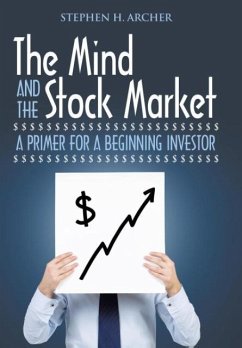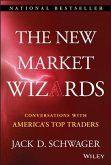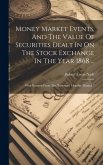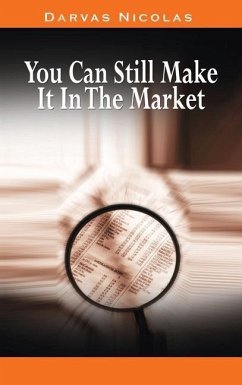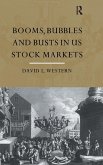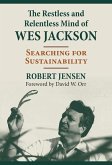Stan Anderson, age 35, and his wife Suzie, were shocked by the presidential election results of November 2016. They had already decided that they could not rely strictly on Social Security for their retirement, and after an initial dip, the stock market recovered and raced upward. The couple agreed they needed to buy stocks right away-or else they'd be left behind as prices advanced. Instead of making a rational and objective decision, their minds had taken over their investment decision, which is usually the road to ruin. Stephen H. Archer, one of the world's prominent economists, explores how the stock market works and how to stay away from making emotional investment decisions in The Mind and the Stock Market. He explains why it's wise to diversify investments, and he also argues that it's wise to consider allocating some money to corporate bonds, government debt, commodities, real estate, coins, insurance, currencies, the arts, and precious metals. From the stock market, initial public offerings, stock futures, stock options, retirement accounts, inflation, economic indicators and more, this primer for beginning investors is essential reading for anyone who wants to make wiser decisions.
Bitte wählen Sie Ihr Anliegen aus.
Rechnungen
Retourenschein anfordern
Bestellstatus
Storno

